Readypower Group's
Approach to Sustainability
Forward by the Chief Executive Officer
The Readypower Group was born from a management buyout in 2017 and since then has seen profitable growth year on year. With four operating companies, specialising in road rail plant, contactless excavation, drainage clearance and civil engineering, we provide a vital service to our railway network, directly helping passengers travel on a safe, reliable and sustainable transport system.
I’m proud to have a fantastic team making up the Readypower family. Everyone has an opportunity to earn a good living, is provided a safe place to work, is continually learning through planned training events, is free to speak up and be heard, and is included in a structured appraisal process.
We are always evolving, looking for improvements, and seeking ways to run our business in ways that minimise impact on our planet. This year I set a target to achieve a minimum of 2 stars on the GRESB global sustainability benchmark. In 2024 Readypower Group achieved a 1 star GRESB rating, while improving our score by 20% over the previous year to 63/100.
Our parent company, Angel Trains Limited, spent several years getting to the maximum 5 stars, and my goal is to match that by 2030, with a longer-term goal to achieve Net Zero by 2050. We utilise our participation in GRESB as a way of measuring our sustainability progress, and by the end of 2024, Angel Trains shall be signed up to Science Based Targets, which will capture Readypower Group.
Only by absolute commitment and being fully transparent can our customers, railway passengers and employees see what we’re doing to achieve Net Zero by 2050.
About Us
We have decades of experience and understand the UK regulated railway infrastructure and know how to be a leading asset led hire business.
We’re the largest provider of road rail vehicles (RRVs) in the UK, providing specialist services in plant operating scheme (POS) requirements, contactless excavation, drainage clearance and civil engineering.
We operate from several hubs across the UK (Reading, Nottingham, Warrington, Blantyre, Stafford, March, and Caldicot), aligning with the Network Rail regions.
Vision, Strategies & Sustainability Goals
OUR VISION is to be UK & Canada’s leading Specialist Asset-led Infrastructure.
Service Provider to rail & other regulated infrastructures
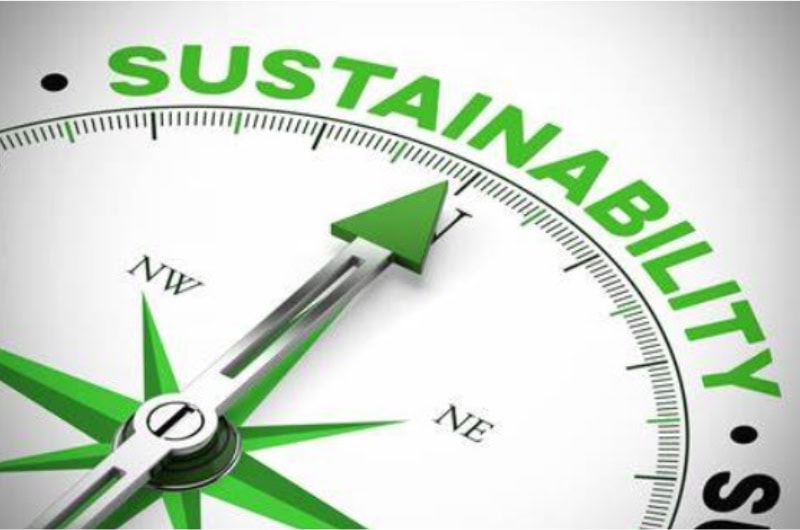
The heart of our business
- Employee well-being, health & safety at our core
- ‘Employer of choice’ underpinned by equality, equity, inclusion and diversity
- Environmentally sustainable
- Protect our core position
– Aspire to be the supplier of choice - Grow addressable market
– diversify offering into other regulated infrastructures
– make tactical acquisitions - Have specialist asset-heavy RTL products and services
- Leverage drainage & suction / contactless excavation services across the Group
- Have surety and visibility of sustainable revenue & profit
- Harness analytical data
- Drive continuous improvement & innovation
- Process driven

Environment / Sustainability
We are highly focused on maintaining and improving our environmental management. We strive to carry out our undertakings with minimal environmental impact. Our aspiration is to achieve Net Zero by 2050.
With the newest plant fleet in the UK, we continue to investing in assets with cleaner and more efficient engines. We’ve already made a significant impact by replacing diesel powered company vehicles with hybrid or fully electric vehicles as they come to the end of their life.
We’ve maintained the highest award as ‘Gold’ members in the Supply Chain Sustainability School. This encourages us to continue educating ourselves and our staff in current environmental topics whilst improving our sustainability.
We are currently to installing Solar PV technology at our sites in line with our ESOS Plan commitments to the Environment Agency.
To help us on our Net Zero journey, we provide staff training on subjects like efficient driving of plant and vehicles, energy conservation, and recycling at our offices.
Commitments for a Sustainable Business
We set Specific, Measurable, Achievable, Relevant, Time-bound (SMART) objectives that we believe will help us on our continuous improvement journey. These are agreed by our Readypower board members, discussed at our annual management review meeting and tracked using our safety, health, environmental, and quality improvement plan (SHEQ IP).
To keep our objectives dynamic, we encourage and empower our staff to seek improvements in their day -to-day work. Our staff and relevant interested parties help us make informed decisions that keep people safe, minimise impacts on the environment and maintain our excellent customer service.
We have and will continue to invest in innovative plant to help maximise production for our customer while reducing our emissions and aiding us hit our Net Zero target by 2050.
We will give consideration when procuring services and materials from our approved suppliers. And we shall take best actions for us when disposing of our waste, promoting reuse, recycling, and waste minimisation.
Our Boards’ Directors each have a personal aspiration to ensure our activities respect the natural resources of our planet. They see sustainability as a core value, ensuring the wise use of resources in which economic, environmental and social factors are balanced and implemented.
Our leadership teams are fully committed to the prevention of pollution and minimising the impact that has been seen on the planet’s resources, not just for today, but for future generations.
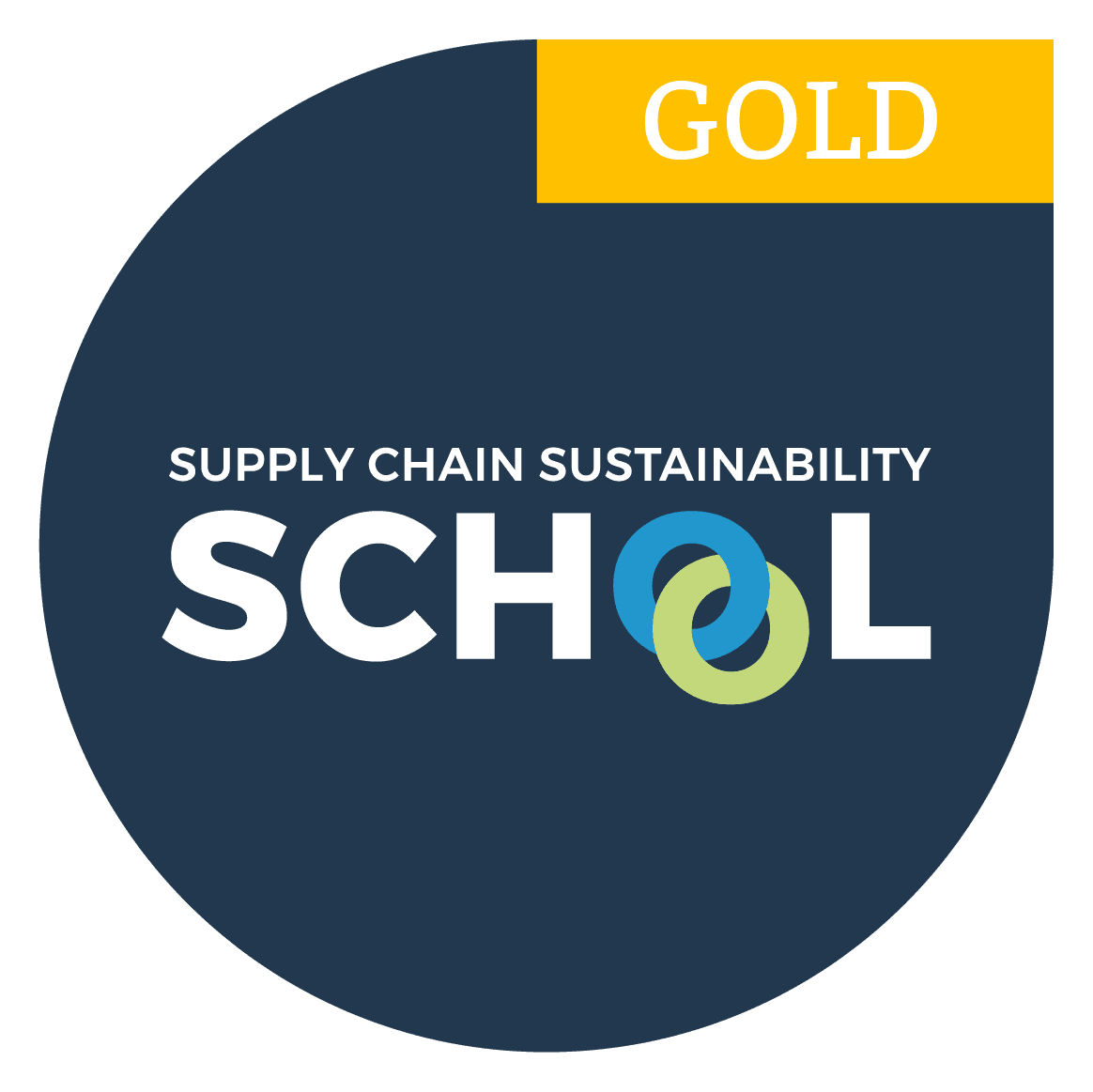
Launched in 2012, the Supply Chain Sustainability School is a virtual learning platform around sustainability, with the aim to upskill those working within, or aspiring to work within, the built environment sector.
The learning topics cover the three core pillars of Sustainability – Environmental, Social and Economic – looking at key issues ranging from carbon management through to combatting modern slavery.
Throughout this year, Readypower has maintained ‘Gold’ status on the learning portal thanks to continuous engagement from the Readypower employees.
The portal offers a company assessment, track the score, and can generate a bespoke learning plan for all the members of the team. In 2024, Readypower Group retained its Gold status, the highest possible.
We have set targets for our Team to achieve a set number of learning hours for 2025 to retain our status of Gold.
Our Approach to Sustainability
We believe commitment to managing sustainability represents value and creates balance between financial objectives and social responsibility.
We will:
- Ensure our vision and objectives are relevant, understood and communicated with our stakeholders
- Work with our customers, suppliers and business partners to encourage them to adopt a similar principal to us
- Identify risks and implement adequate control measures and provide resource to mitigate those risks
- Aim for high performance targets, record achievements and submit the evidence to GRESB and Angel Trains (who will use our dat a in their Science Based Target* submissions)
- Continue to challenge ourselves with SMART objectives that can be tracked and made fully transparent
- Consider sustainability and the environmental risks / impacts when making important business decisions
- Adopt a high standard of corporate governance and ethics
- Continue to improve our management systems and provide adequate resource to maintain compliance with regulatory and policy requirements
- Continue to educate and inform our staff on sustainability related topics
- Take guidance from the 17 Sustainability Development Goals (SDGs) created by the United Nations as a framework to identify ESG risks and opportunities that contribute to sustainable development *see slide 11 for info on the science-based target initiative (SBTi)
Our Sustainability Framework
The Sustainability Development Goals (SDGs) describe the Environmental, Social and Governance (ESG) challenges that organisations face across the globe, including climate change, inequality, resource usage, business ethics. Work and co-operation of governments and the United Nations (UN) along with businesses and members of the public is needed to meet the 2030 commitment.
There are 17 specific goals that breakdown into 169 targets. The 10 goals that are most relevant in the context of Readypower’s operations are shown including specific target areas.

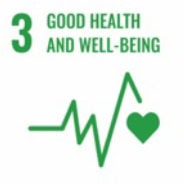
- Employee health, safety and wellbeing
- Health and safety risk assessment
- Air Quality
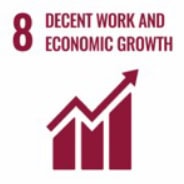
- Fair and local job creation
- Strengthen capacity through supplier engagement
- Increased productivity through diversification & Innovation
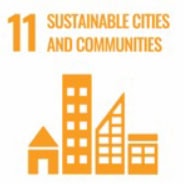
- Reduce adverse impacts on cities – air quality
- Inclusive and sustainable industrialization
- Reliable and resilient infrastructure
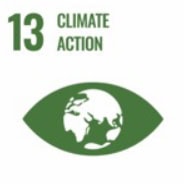
- Target net zero carbon emissions
- Proactively manage GHG reduction
- Proactively manage climate impacts on assets
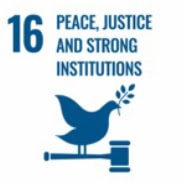
- Zero tolerance to bribery
- Zero tolerance to modern slavery
- Comprehensive codes of conduct
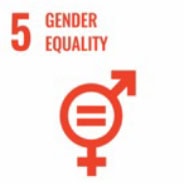
- Diversity and Inclusion Policy
- Monitoring for gender pay gap
- Flexible working
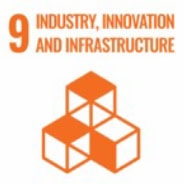
- Reliable and resilient infrastructure
- Scientific research and upgrade technologies
- Procurement to encourage innovation

- Sustainable and responsible resource plan
- Zero waste to landfill
- Scientific and technological capacity
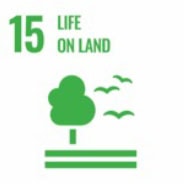
- Reduce terrestrial pollution
- Reduce deforestation
- Prevent loss of biodiversity

- Customer and supplier engagement
- Employee engagement
- Local community
Sustainability Benchmarking
GRESB (Global Real Estate Sustainability Benchmarking) was established in 2009 and has become the leading ESG (Environmental, Social Governance) benchmark for businesses worldwide.
The benchmark process collects, evaluates and compares the ESG performance of participating companies to provide standardised and validated data that can be used by investors to make more effective investment decisions.
The GRESB assessment is split into two parts:
- Performance metrics – energy use, greenhouse gas emissions and air quality, health and safety, employee diversity, customer satisfaction, and certification.
- Management metrics – leadership, policies, reporting, risk management, climate and stakeholder engagement.
In our second submission, we were proud to maintain a 1 star in 2024 and set a target for 2025 to achieve at least 2 stars.
Scheduled for the end of 2024, we shall be engaged in providing data to Angel Trains for a joint submission


Decarbonisation Strategy
The Readypower Group are following the 5-step decarbonisation strategy and although much work has already been accomplished, there is still more to do.

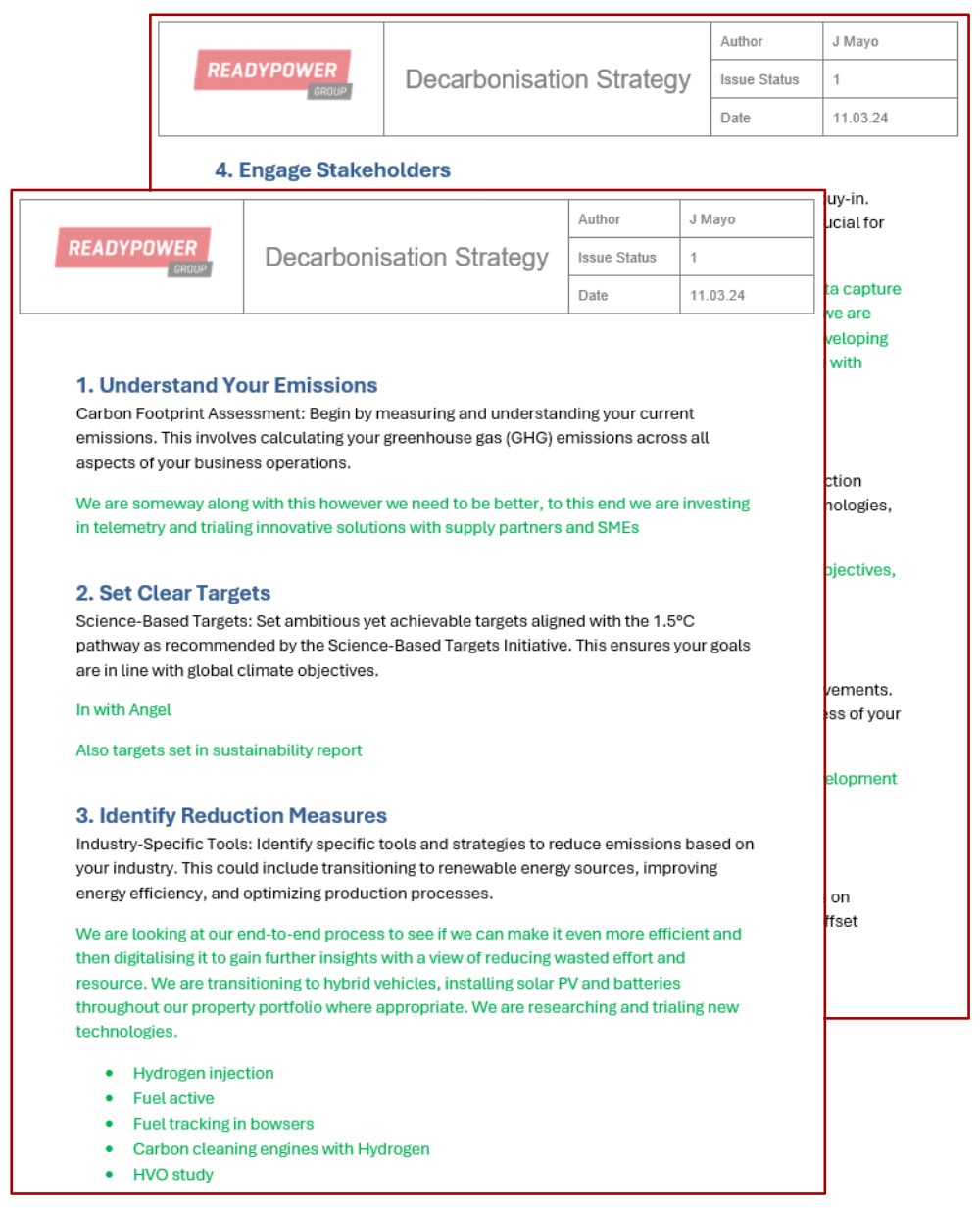
Decarbonisation
Decarbonisation refers to the process of reducing carbon dioxide (CO2) emissions associated with human activities, particularly those resulting from the burning of fossil fuels such as coal, oil, and natural gas. Our aim is to mitigate climate change by transitioning to a low-carbon economy.
Our key strategies and practices involved in decarbonization include:
- Transition to Renewable Energy:
- Considering replacing fossil fuels with renewable energy sources like solar, wind, hydro, and geothermal power for our buildings (something we’re evaluating for the new site in Blantyre).
- Considering the adoption of distributed energy resources (DERs) and energy storage systems such as battery storage in solar and wind systems, and hydrogen in plant assets.
- Energy Efficiency:
- Enhancing energy efficiency in buildings (modern AC units sized to each room / zone), drop down ramps on low loaders and replacement of diesel to hybrid or full electric vehicles.
- Implementing energy-saving technologies and practices, such as LED lighting with PIR technology, and auto closing doors.
- Electrification:
- Electrifying sectors that traditionally rely on fossil fuels, such as electric / hybrid vehicles, and using AC heat pumps for heating.
- Considering energy suppliers who use clean sustainable energy sources (this is our mid to long term aspiration).
- Policy and Regulation:
- Commitment to Science Based Targets through Angel Trains and aiming for a Net Zero Target by 2050.
- Providing full transparency and compliance with policies, regulations and UN Goals.
- Sustainable Practices:
- Supporting our stakeholder involved in sustainable land use, forestry, and agricultural practices to enhance carbon sequestration.
- Becoming industry leaders by example. Commitment to being a sustainable business helping our clients’ meet their environmental targets.
Decarbonisation Case Study 1
Readypower are on a journey to decarbonise in a sustainable way. Since our initial purchase 10 self-charging hybrid Toyota Corollas to our decision to source only the cleanest Tier 6 diesel engines on our Heavy Haul Fleet in 2022.
These two initiatives have saved 2.5 % in fuel and reduced our Carbon emissions in excess of 100,000 CO2 kgs as of December 2024.

Readypower now has 178 hybrid vehicles, doubling the number from 2023 and are adding to the fleet all the time. This represents 50% of our white fleet.
Over and above this we have invested in 15 full EV company cars which make up 75% of our company car fleet.
We are also enhancing our use of telemetry and on-board technology in the hope that this will provide better efficiencies and reduce our carbon footprint further. The telematics of the haulage fleet has been upgraded during 2024 which will continue through 2025. This will allow us to drive
efficiencies in driver behaviours.
We aim to save 15% in CO2 emissions and to be a further 2.5% more fuel efficient through a combination of these initiatives in 2025
Decarbonisation Case Study 2
Real Estate Commitments
We at Readypower are passionate about making the world a better place thorough reducing our reliance on fossil fuels.
During 2024 we have been developing our ESOS plan for the Environment Agency, as part of this work we have been assessing the feasibility of installing Solar PV and Battery technology across our property portfolio.
As part of our commitment via our ESOS plan we intend to install Solar PV and Battery technology at our Blantyre site as well as our main HQ building at Winnersh Triangle in 2025.
We expect to save 13 tonnes of carbon emissions per year as a result of the Winnersh installation alone!
![]()


Decarbonisation Case Study 3
Ongoing Trials
Fuel Active in collaboration with Unipart Rail and Fuel Active.
At Readypower Group we are serious about new technology and how this may help us on our journey to decarbonisation.
We are teaming up with Unipart Rail and Fuel Active to see if we can reduce emissions utilising a new fuel pick up methodology. It is hoped that fuel Consumption will be reduced by 4-7% and as a result emissions by at least as much.
For every litre saved we hope that carbon emissions will reduce by 2.62 Kg CO2.
Our aim is to fit the first of the trial units in Autumn of 2025.




Reduce premature maintenance on fuel filters – saving on filter parts and labour costs
Reduce early replacement of fuel system components – injectors and fuel pumps
Eliminates fuel related breakdowns, associated costs and impacts of downtime
More efficient combustion results in better fuel economy – 3% to 5% Av.
For every 1 litre of fuel saved = 2.62kg CO2
Reduced total cost of ownership through machine availability and reduced maintenance costs
Decarbonisation Case Study 4
Ongoing Trials
During 2024 we have been exploring the feasibility of an innovative new carbon cleaning technology with Advanced Hydrogen Technologies Group.
It is hoped that Readypower Group adopts this state-of-the-art cleaning system for our engines in the fullness of time.
During 2025 we intend to conduct trials – Watch this space!!


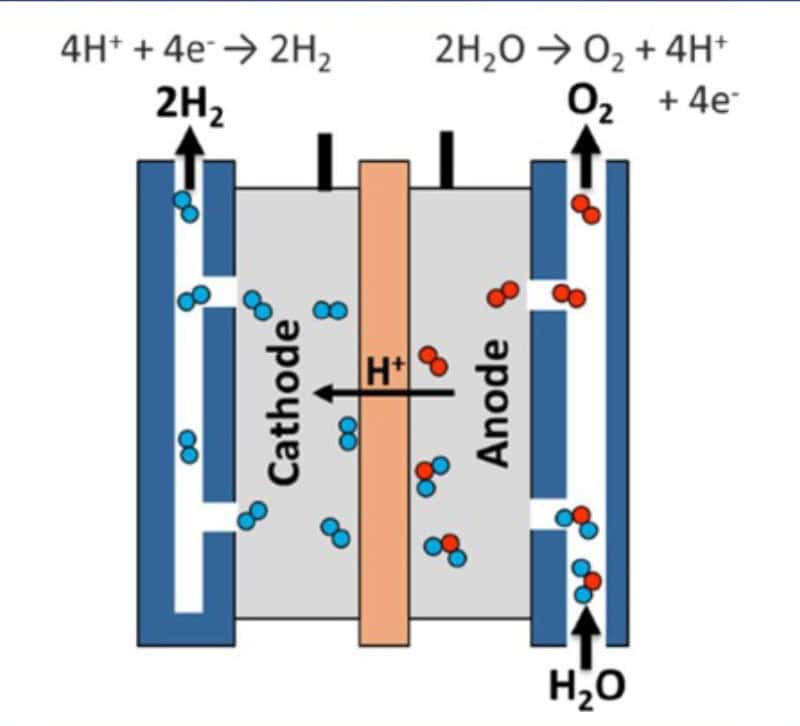
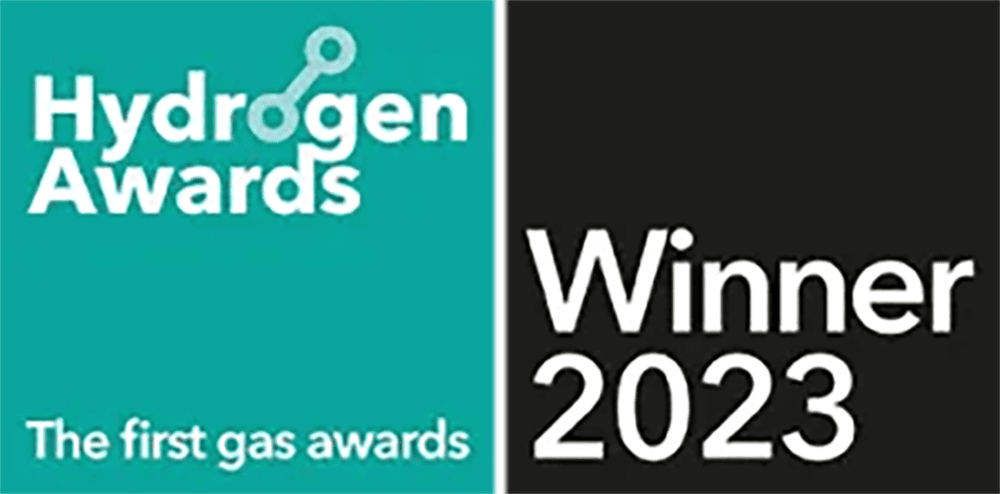
Decarbonisation Case Study 5
Ongoing Trials
During 2024 Readypower did a feasibility analysis and now intends to trial an innovative technology in partnership with Prior Power Systems in 2025. The technology aims to inject hydrogen into the fuel system of diesel engines to create a cleaner burn that will reduce DPM by 80%, NOx by 22%, CO by 25% and CO2 by 8%
Trials to commence in quarter four of 2025.
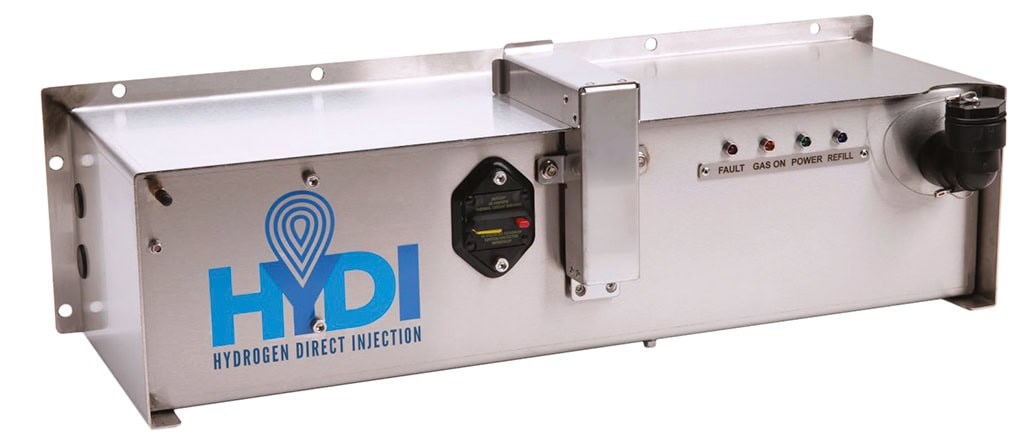

Independant testing shown an 80% reduction in diesel particulate matter (DPM)
65% reduction in soot content in engine oil (analysis by CAT laboratory)
Up to 14% fuel usage reduction for transport and generator applications
Savings from reduced fuel usage can facilitate an excellent return on investment
Applications include Mercedes Euro 6, Volvo, CAT, Scania, and Perkins
Decarbonisation Case Study 6
Folding Trailer Ramps
We have invested in fold away tail ramps that substantially improves the rig’s aerodynamics, reduces diesel consumption / emissions, and running costs. To date Readypower owns 4 Trailers.
New foldaway aerodynamic low loader ramps

Non-aero-efficient low loader ramps
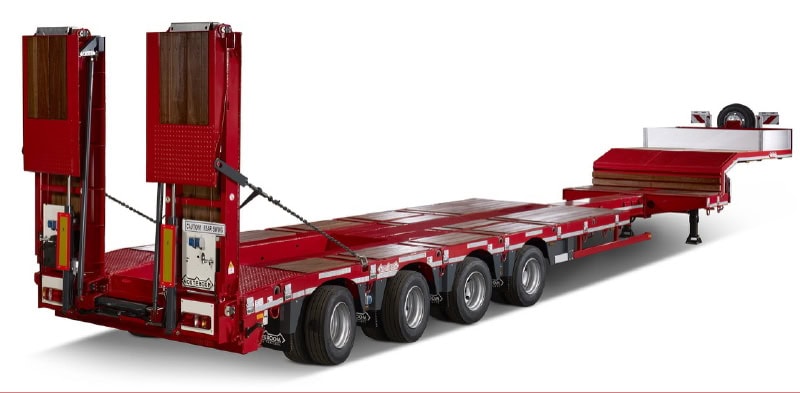
Decarbonisation Case Study 7
Reutilisation of Mobile Elevation Works Platforms (MEWPs)
These vehicles may have been disposed of but at Readypower Group we explore every other avenue first. In this instance we identified a further use for the equipment by converting it into a Rail People Carrier.
A truly unique build of machine, currently we have 14 in the fleet (Nov 24), and they continue being well received by our clients.
A case of reuse giving old equipment a new lease of life.
From this:
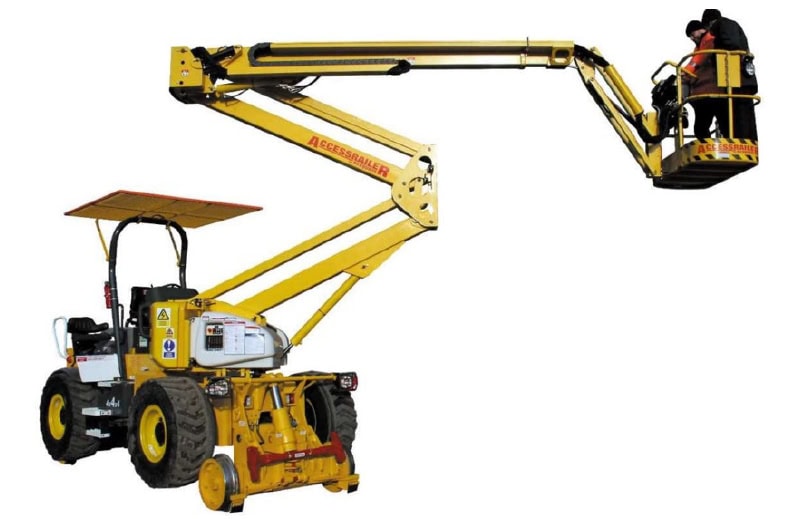
To this:
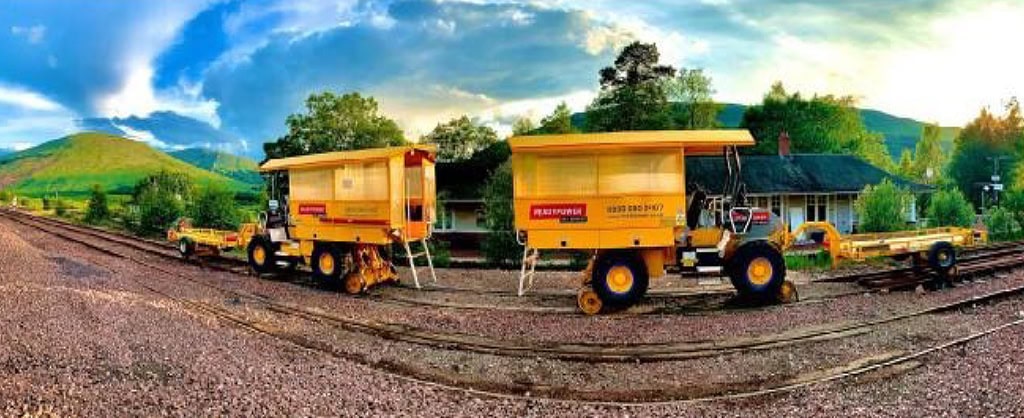
Environmental, Social and Governance (ESG) Materiality
Environmental, Social, and Governance refers to the three central factors in measuring the sustainability and societal impact of an investment in a company or business. Here is our breakdown of each component:
Environmental:
- Climate Change: How we manage and report our greenhouse gas emissions and our efforts to reduce our carbon footprint.
- Resource Depletion: How we use and conserve natural resources such as water, minerals, and fossil fuels.
- Waste and Pollution: How we manage waste and pollutants, including efforts to reduce waste and enhance recycling.
- Deforestation: Preventing deforestation (HVO fuel cleans engine emissions, but adversely affects overseas land with palm oil manufacturing)
Social:
- Human Rights: Demonstrating respect for human rights and efforts to ensure fair labour practices.
- Labour Standards: Working conditions, employee relations, and diversity within the workplace.
- Community Engagement: How we impact on local communities, including health and safety standards.
- Product Safety: Maintaining and renewing the UK railway network making it safe, efficient and ethical for passengers.
Governance:
- Corporate Governance: Structure and practices of our boards of directors, including board diversity and independence.
- Executive Compensation: How executive pay aligns with company performance and shareholder interests.
- Bribery and Corruption: Measures we take to prevent corruption and unethical behaviour.
- Cyber security: How we protect our business and data.
- Shareholder Rights: Respecting and protecting the rights of shareholders.
Sustainability Framework
Our approach to sustainability is also aligned to the 10 Rail Safety Standards Board (RSSB) Sustainable Development Principles
– Customer Driven
We recognise and respond to our customers’ needs and expectations which ultimately has a positive impact for stakeholders utilising the Rail Network.
– Putting Rail In Reach of People
Readypower has undertaken significant modifications and upgrades to help make our assets accessible for our customers.
– Providing an end-to-end journey
Readypower Group assets are equipped with the latest technology to safeguard users and to help achieve timely efficient works that minimises impact on the end user.
– Being an employer of choice
Readypower Group is committed to investment in its people to care for their personal development and wellbeing.
– Reducing our environmental impact
Readypower Group is investing in research, development and pilot projects to help with asset decarbonisation.
– Carbon Smart
Readypower measures and monitors its Scopes 1, 2 and 3 emissions to help make plans for carbon reduction. The business has also invested in electric and hybrid assets which makes up a large part of our fleet as we see this as a key part of industry decarbonisation.
– Having a positive social impact
Readypower contributes to the community through sponsorship, charitable giving, donations and volunteering.
– Supporting the economy
Readypower supports the economy through investment in new assets which helps to keep Britain moving.
– Optimising the railway
Readypower supports the optimisation of the railway through investment in refurbishment and upgrades to its assets.
– Being Transparent
Readypower publicly reports on its progress as a sustainable business.
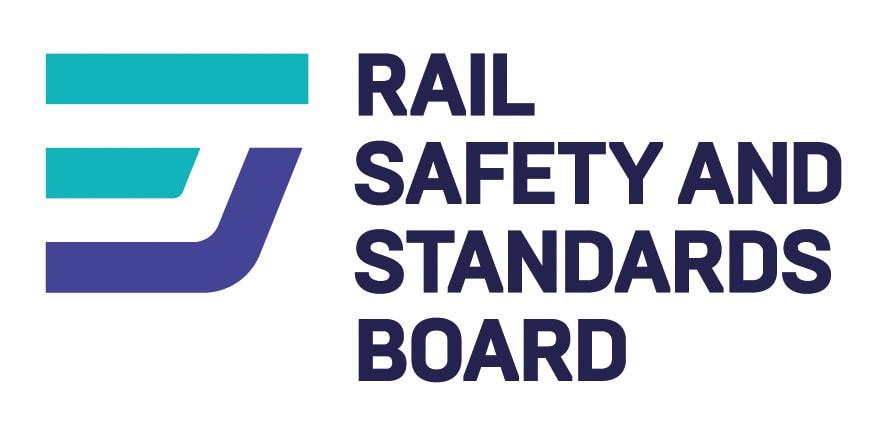
Equity, Diversity and Inclusion
Readypower are committed to being a progressive and fair employer, in an industry that has historically been male dominated. Central to our mission is the recognition that diversity and inclusion are essential for our success. We firmly believe that a diverse workforce brings a wealth of perspectives and experiences that drive innovation and excellence. Therefore, we are dedicated to increasing the representation of women at all levels across our organisation.
We currently employ several strategies to aid us in closing the gap, which include:
- Development of an engineering apprenticeship programme
- Regular benchmarking exercises coinciding with regular pay reviews
- Continued development of our recruitment strategy to encourage applicants from backgrounds outside of rail, where the roles don’t require specific competencies for rail and construction
- Implementing and developing family-friendly HR policies
- Our policies are reviewed annually by the Board with a view to improvement for both our existing staff groups and those we hope to attract, for example the introduction of a Menopause Policy
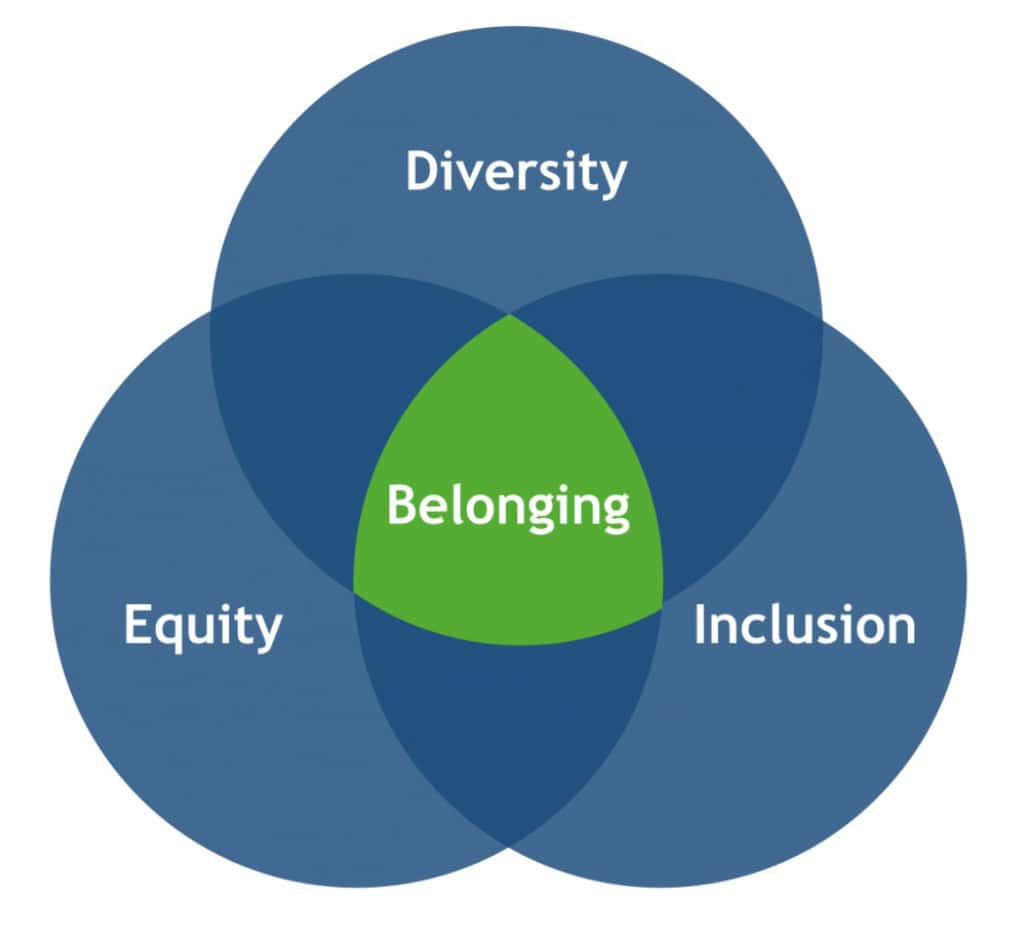
The Rail and construction industries are notorious for being a male-dominated environment, and it may take several years before any impact on the Gender Pay Gap is seen, but we’re confident that our strategies and support to our staff will help to close the gap.
Job advertisements are drafted using inclusive language, using the ACAS guidelines as a basis for wording. The organisation collects and monitors data on ethnic origin, disability and gender of our employees and workers. The data collected on gender enables us to monitor and report on gender pay gap.
Management teams (up to executive level) regularly undertake an IIRSM & Citation approved Equity, Diversity & Inclusion (EDI) Training courses. Learning outcomes include understanding the Equality Act 2010 and protected characteristics, types of discrimination, and treating others with respect and offering everyone fair access to opportunities within a professional environment.

At Readypower Group we understand the need to for diversity and inclusion. We feel that an inclusive and diverse workforce will increase productivity across our industry.
During 2025 we intend join Women in Rail as part of our continued journey along this path.
WiR was created with a mission of improving diversity in the UK rail industry via highlighting barriers to entry, encouraging businesses to make diversity part of their business strategy, attracting more young people into the rail industry and providing networking and support opportunities.
Businesses with diverse teams outperform business with less diverse teams in terms of efficiency and profitability. This is because they foster a culture of innovation, creativity and solution-finding by employing people with different perspectives and approaches.
Readypower Group is committed to improving our diversity and joining WiR highlights that commitment to our customers, partners and suppliers.
We’re here to help
For more information or to enquire about a service call 0118 9774 901, or call our 24 Hour on Call number 0800 0902407, or email us